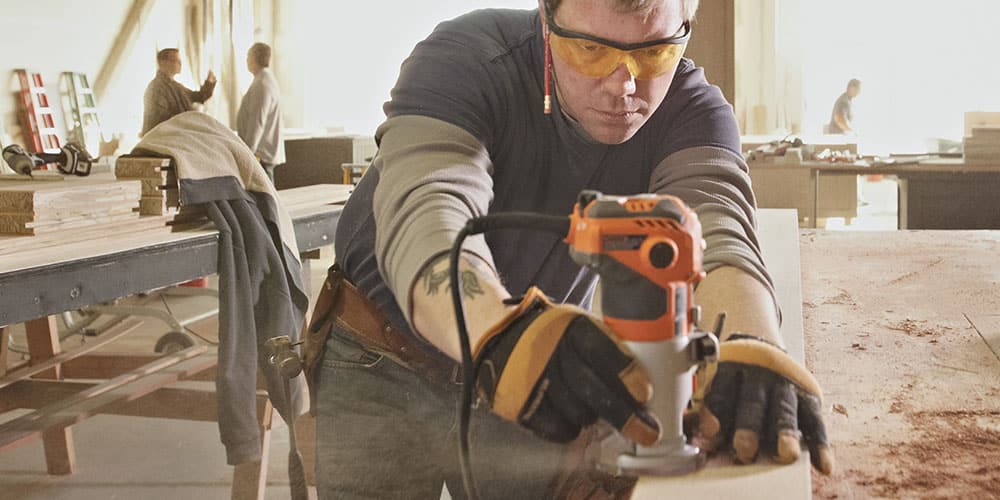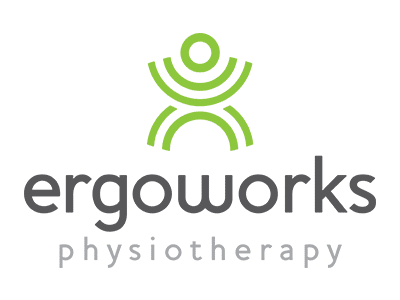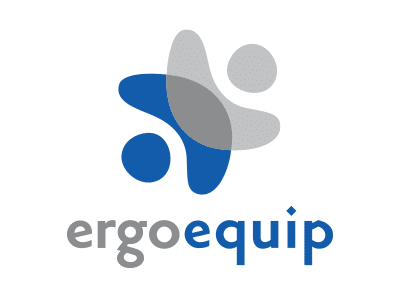Manual tasks are a prevalent throughout all workplaces. These tasks may vary in the degree of risk that they carry, however removing all risk even through training is impossible. Hazardous manual tasks are the most common source of workplace injuries, and it is the business’ duty to ensure they are properly managed by providing adequate training. Injuries can occur from a large variety of different activities and can potentially result in long-term, expensive, and messy implications between employees and the business.
Although removing all risk is impossible, reducing the amount of risk employees are exposed to is the best solution, this is often done by manual handling training. The first step is being able to recognise and identify any possible risks when performing manual handling duties. Anything which involves lifting, pushing, pulling, carrying, moving, holding, or restraining may be considered a manual task. The risk in these tasks become greater when combined with:
- Large forces/impacts
- Vibration
- Repetition
- Sustained forces/positions
- Awkward positioning
- Sudden movements
- Twisting
These tasks, especially those with increased risk, may lead to musculoskeletal disorders (MSDs), which is the leading work-related condition in Australia. MSDs include joint sprains, muscle strains, bony injuries, cartilage injuries, tendinous injuries, and neural conditions.
Our manual handling training is a thorough session aimed at educating employees on all risks involved with manual handling and teaching and training correct lifting techniques and manoeuvres. This training can be conducted for any type of industry as our training presentations are tailored to suit your company’s training requirements.
Manual Handling Training topics covered regardless of your industry will include:
- Basic anatomy, posture, and biomechanics of the spine
- Review of Manual Handling Regulations
- Discussion of the risks associated with poor manual handling
- Risk assessment
- The benefits of exercise and leisure activity
- Manual Handling problem solving
- Practical work-related examples of manual handling techniques
Manual Handling training is conducted by fully qualified and accredited physiotherapists or exercise physiologists. By equipping yourself and your employees with this knowledge through our training, you will have the skillset required to identify any potential risks regarding manual handling and reduce injuries from occurring in the workplace.



